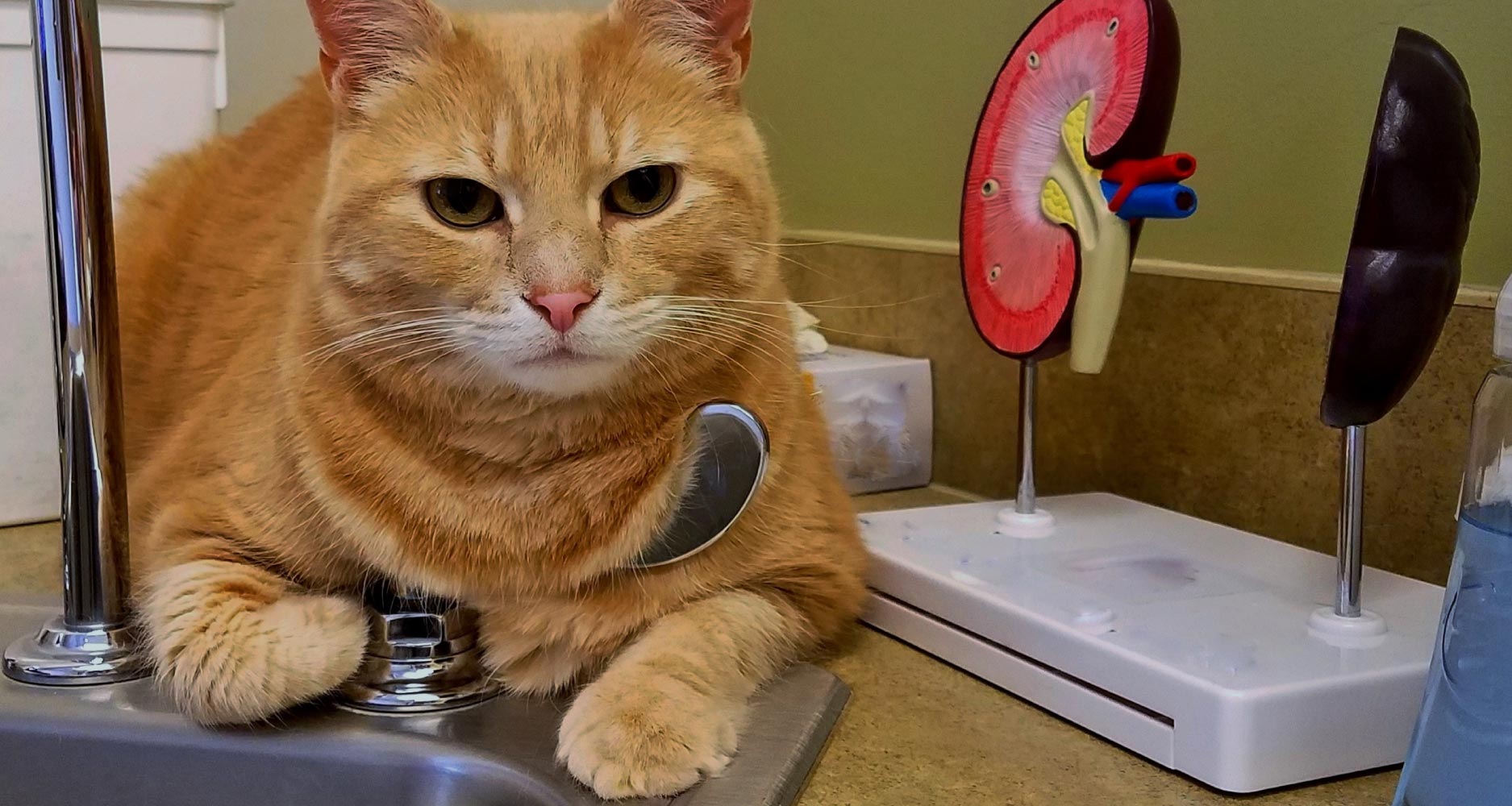HEALTH & WELLNESS

VOTING BOOTH

TRENDING

LIONS FOUNDATION OF CANADA DOG GUIDES
Lions Foundation of Canada Dog Guides and its founding program, Canine Vision Canada, was established in 1983. It’s the largest school of its kind in Canada with its training school in Oakville and breeding facility in Breslau.
KIDNEY FAILURE IN CATS

Organ dysfunction is a term used to describe organs, such as kidneys, that are not doing their intended job. The term organ failure is used when organ dysfunction is so severe that medical intervention is necessary.
Kidney failure is serious and it can happen to humans and cats. Kidney disease in cats is an irreversible and incurable condition.
KIDNEY FUNCTIONS
Kidneys are essential for normal bodily functions. The kidney is a highly complex and remarkable organ that provides functions that include:
- Filtering waste products and extra water from the blood so that they can be excreted in the urine. This process eliminates toxins from the body and maintains a proper level of hydration.
- Regulating electrolytes (such as sodium, potassium, phosphorous, and calcium) in the body.
- Producing and concentrating urine, which is made up of waste, toxins, and extra fluid that the body doesn’t need.
- Producing erythropoietin, a hormone that stimulates the bone marrow to create new red blood cells. Red blood cells carry oxygen throughout the body.
- Producing renin, an enzyme that controls the body’s blood pressure.
ACUTE AND CHRONIC KIDNEY FAILURE
There are two types of kidney failure:
- Acute kidney failure: This type develops suddenly often as a result of injury and is more commonly reversible than chronic kidney failure.
- Chronic kidney failure: This type develops over a long period of time and is usually caused by long-term disease, such as diabetes or high blood pressure that over time slowly damages the functions of the kidneys. CKD is irreversible and incurable but with treatment and management a cat can have a good quality of life.
CHRONIC KIDNEY DISEASE (CKD)
Chronic kidney disease (CKD) is common in cats, especially older cats. In fact, it is a leading cause of death in middle and old-age domestic cats. Natural wear and tear of organs is inevitable.
Just because a cat is suffering from kidney failure, doesn’t mean it is unable to urinate. It can actually cause the opposite effect: frequent urination. Unfortunately, it doesn’t mean the elimination of waste is still effective.
CONSEQUENCES OF CHRONIC KIDNEY DISEASE IN CATS
To help kidneys fulfil their filtration role, blood flow to the kidneys is increased. This leads to more urine being produced, which leads to increased thirst to make up for lost fluids. Increased urination and water intake are two of the main early warning signs of CKD.
When kidney failure becomes more advanced, the following clinical signs can be noticed:
- Decreased appetite
- Weight loss
- Lethargy
- Diarrhea
- Vomiting
- Bad-smelling breath
WHAT CAT OWNERS NEED TO KNOW
- CKD can affect your cat
- Your cat may already be suffering from CKD
- CKD cannot be cured, but it can be managed
- You need to take your cat for regular check-ups
- Pay attention to changes in your cat’s behaviour
- CKD needs to be diagnosed as early as possible to help ensure a happier and better quality of life
TREATING CKD
When cats with CKD lose too much protein as a result of frequent urination, it can reduce their life expectancy. Medications can help reduce the amount of protein lost in affected cats’ urine.









